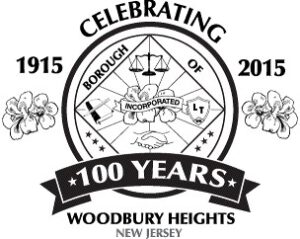The Borough Form (NJSA 40A:60-1)
The Borough form remains the single most popular form of local government in New Jersey. This form dates back to the Borough Act of 1878 and was revised in 1897 and by the Borough Act of 1987. As of 2006, 218 New Jersey municipalities operate under this form.

The Borough mayor is elected at-large to a four-year term. Six council members are elected at-large to staggered three-year terms.
The Borough form is often referred to as a “weak mayor-strong council” form. The mayor retains all general law authority, presides over council meetings and can vote in the case of a tie. The mayor appoints, with the advice and consent of council, all subordinate officers of the municipality. The council is the legislative body of the Borough. All executive responsibilities not placed in the office of the Mayor by general law or the Borough law remains with the council.
Like the other traditional forms, a Borough may appoint an administrator and delegate all or a portion of the executive responsibilities to him/her. The council may also adopt an administrative code, prescribing how the council shall perform it duties.
